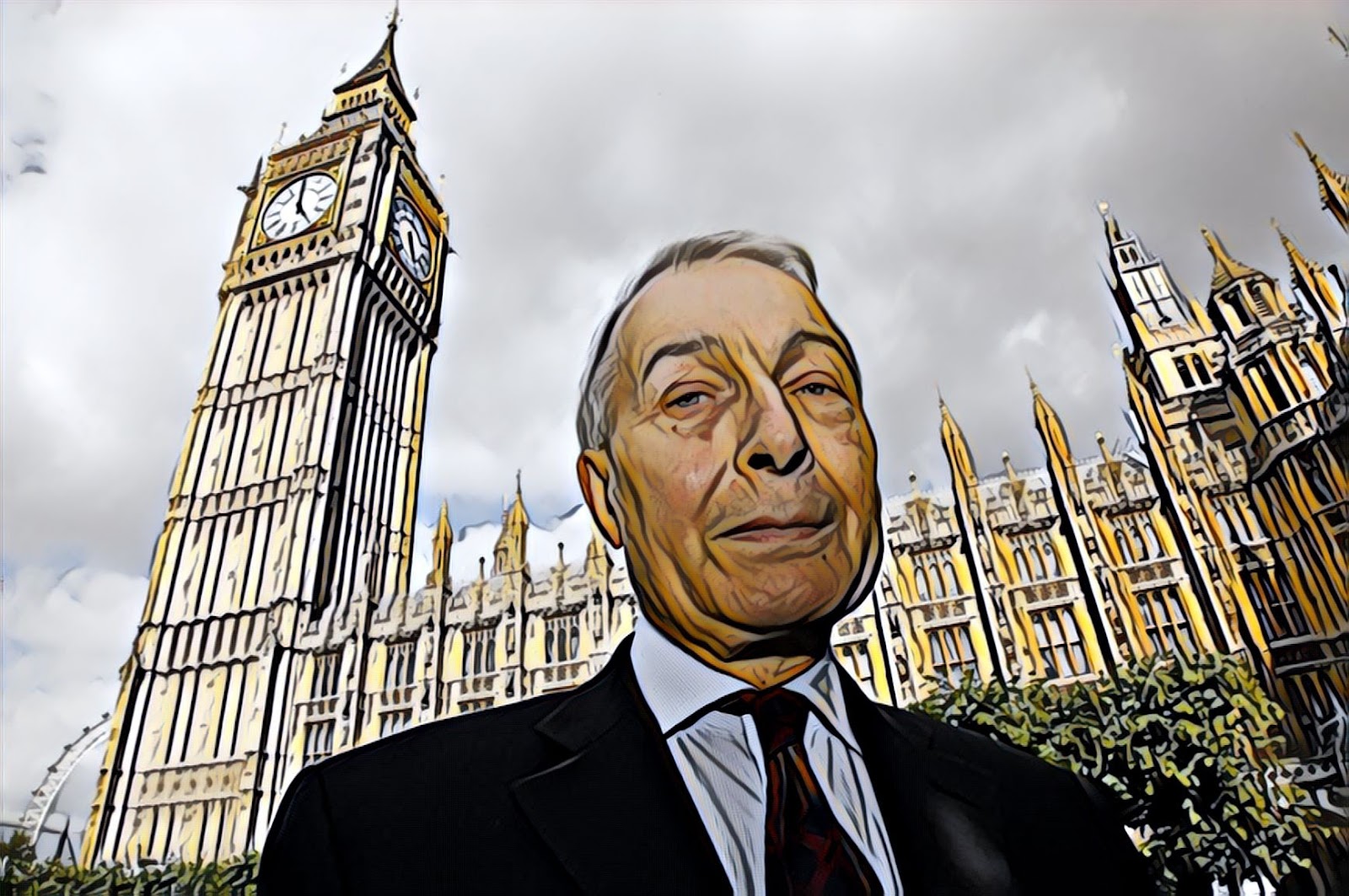
26 April 2024https://www.telegraph.co.uk/news/2024/04/25/tony-blair-offers-a-terrifying-glimpse-into-our-future/
Is it better that the country be governed by a philosopher king and his best solutions, or by the people and their values?SUMMARY1. Contrasting Political Philosophies of Tony Blair and Frank FieldBackground and Ideological DifferencesTony Blair and Frank Field represent two distinctly different approaches...










